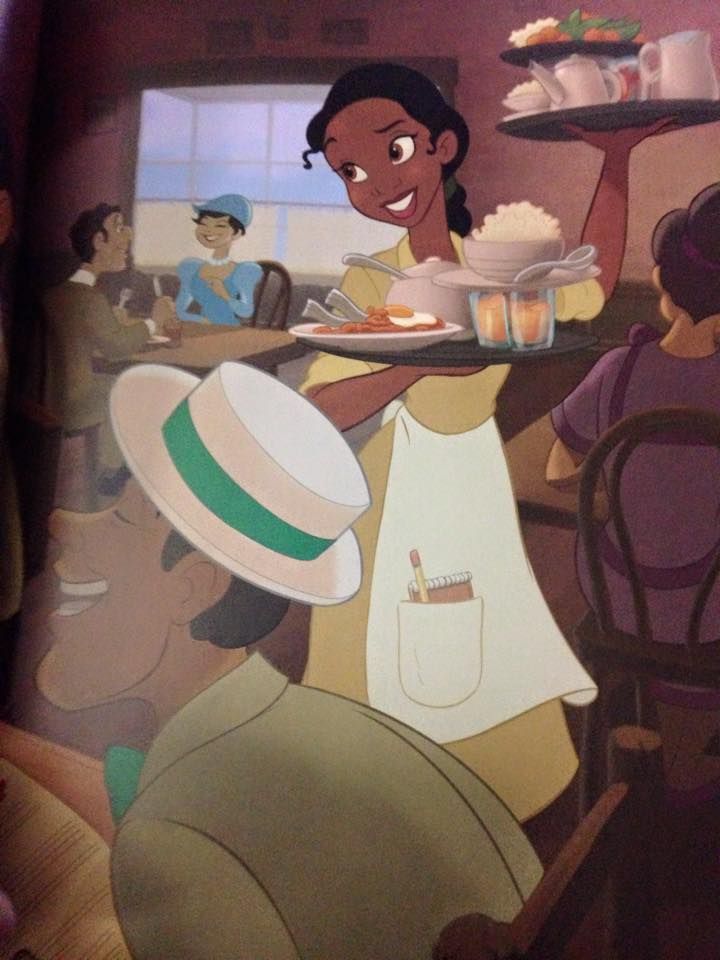
By Isabella Strimling, contributing writer
Photos from Isabella Strimling
Out of nowhere, my alarm began to blare, cutting through the sleepy serenity of my early-afternoon nap. My hair was a matted mess of dried chlorine, and my body still ached from the morning’s 6 a.m. lift and the ensuing two-hour pool practice. As I reluctantly slid out from beneath the comfort of my blankets and touched my feet to the cold, hard floor of my run-down dorm room, prevailing exhaustion gripped my brain, tearing through my muscles, and reminded me aggressively of how badly I wanted to call off my shift. Still groggy and craving another 45 minutes of rest, I splashed my face with some cold water and cracked open a Bang as I repeated the same ol’ words in my head to inspire me out of the door: “You need the money, you really need the money.”
The financial situation is different for everyone during college, but regardless of where you stand on that spectrum, COVID-19 unemployment and furlough rates hit the collegiate working community harder than anyone projected. Because most students can only afford to work part-time jobs in retail or the food industry, we were the first to get furloughed or laid off because of the lack of hours to pick up. And unfortunately, because most of us are still claimed as dependents on our parent’s taxes, we were the last to receive stimulus checks—if we received them at all.
For the past two and a half years I had worked four to five nights a week at Victoria’s Secret to fund the many miscellaneous expenses that being a college student entails—my “beer and pizza fund,” as my aunt would put it. The money went quickly, though. I needed to buy textbooks and fill up my tank of gas every week, get groceries and still have fun out on the town with friends.
The job was excruciatingly boring, and I attempted to give up almost every shift I was given to avoid the drear task load of stocking and restocking the unreasonably expensive merchandise. My back was in constant stress from the hours on end of standing stationary in ballet flats, and I felt myself sinking into a numb, mindless pit of irritation from the tacky employee goals and factitious company mantras. But I needed the money.
During that time, I had just started my applications for law school and had gotten to talking with a current law student living on her own in San Diego. I was honestly amazed. California is a very expensive place to live, especially without roommates. And the fact she was only working a few days a week while going through law school? My interest spiked—what on Earth was she doing to be able to afford a cute little lifestyle like that?
My original prediction was that with her political science undergraduate degree, she was lucky enough to score a job in a law firm or on a political campaign squad. But most of those kinds of jobs require full-time availability and experience, even for an entry-level position.
Her secret, I discovered, was serving.
In the restaurant industry, it’s no secret that waiters and waitresses’ payroll is significantly below minimum wage. As opposed to the $11.00 an hour that a McDonald’s employee would make, it isn’t rare to see a server at any mid-grade restaurant make about half of that. The tips that are pocketed are supposedly supposed to make up the difference, and obviously they were, in my friend’s case.
So, when the opportunity presented itself later in the summer when the COVID-19 commotion calmed down a bit, I applied at a new restaurant opening up in town to give it a shot. Originally, I applied as a server’s assistant, otherwise known as a busboy. I didn’t think I’d be able to get a serving position so quickly with absolutely no experience. Maybe it was the fact that I have a nice butt and good boobs, or maybe it was my charming personality and charismatic mannerisms, but I landed a second interview—an interview to be a cocktail waitress.
Flash forward to my first day: quitting my retail job was the best decision I ever made.
My hours are just the same, if not longer, and the workload is more intense, but I must say, I am compensated more for my efforts now than I ever was hanging up bras and sampling perfumes at VS. Much more.
Granted, there are a few stingy tippers every day (if the shoe fits, wear it), but the money alone makes this job worth the headache of terrible customers and vexatious scheduling. Working two nights a week, I can easily bring home a few hundred dollars, even on ‘bad’ nights, in cash. The best part is that my federal taxes come out of my paystub, meaning everything that I make in a night, I keep, no questions asked. So, in addition to a couple hundred, I also get a paycheck every two weeks. It’s a sweet deal.

But it doesn’t only replenish your bank account; becoming a server has given me the opportunity to expand my communications skills and my critical thinking skills. It’s also an arena to practice ‘keeping my cool’ and defaulting to customer service and maturity in what can be extremely infuriating situations.
In the last few months, I’ve found that my shifts move exponentially faster than they did at Victoria’s Secret because I’m always moving. There’s no time to be bored because there is always something you could be doing. You are in charge of how much you make: the more times you touch a table, the more likely they are to leave a generous tip at the end of the night—it’s as simple as that. The cooks make you free food, there’s a heavy discount on your meal whenever you dine-in, and the work environment is exceptionally flexible because everyone wants to work, especially if it’s a weekend shift—that’s where the money is.
It’s a pretty awesome gig to have as a college student with little-to-no extra time on her hands, and I’m hoping that this little bit of experience will help me land a serving position in a more upscale restaurant when I head home to California for law school.
Serving is not exactly a walk in the park, though. For one thing, there is no set time that you get off. In the majority of the food industry, your employer keeps you until you are no longer needed—when the crowd dies down. Then after you’re finally ‘cut’, you stop making tip money, but still have about an hour’s worth of ‘side work’ to complete, like rolling silverware, washing dishes or cleaning tables, bathrooms, and deconstructing the soda machines. Since Drake’s is a late-night sports bar, it isn’t uncommon for the closing servers to leave around 1-2 a.m. This can get a little tricky for student-athletes who have a 6 a.m. practice every day of the week or have hours of homework due the next day. And of course, it’s my job to talk to people, constantly. Introverts, stay away; the service industry is easily the most voluble there is. I laugh at cheesy dad jokes, I entertain drunk, degrading commentary from men who think I’m old enough to buy myself a drink, and I foster the complaints of tons of Karens who seemingly come in just to make my life miserable. It’s a lot of work to stay cheery and smiley the whole night, but boy, have I had practice in handling myself professionally during outrageous situations.
So, reader, if you find yourself looking for the extra funds to support your nicotine addiction or Mexico Tipíco margarita nights, look no further. Get a job in the restaurant industry and change the way you experience college. Being broke and surviving on peanut butter, ramen, and care packages from your family isn’t the only option. And for my hardworking, self-supporting guys and gals: because of my job switch, I have discovered the financial freedom to afford groceries, credit card payments, applications to go to law school, and to comfortably order dessert on date nights. The service industry has opened my eyes to an all-new world, and I am loving the consequences.